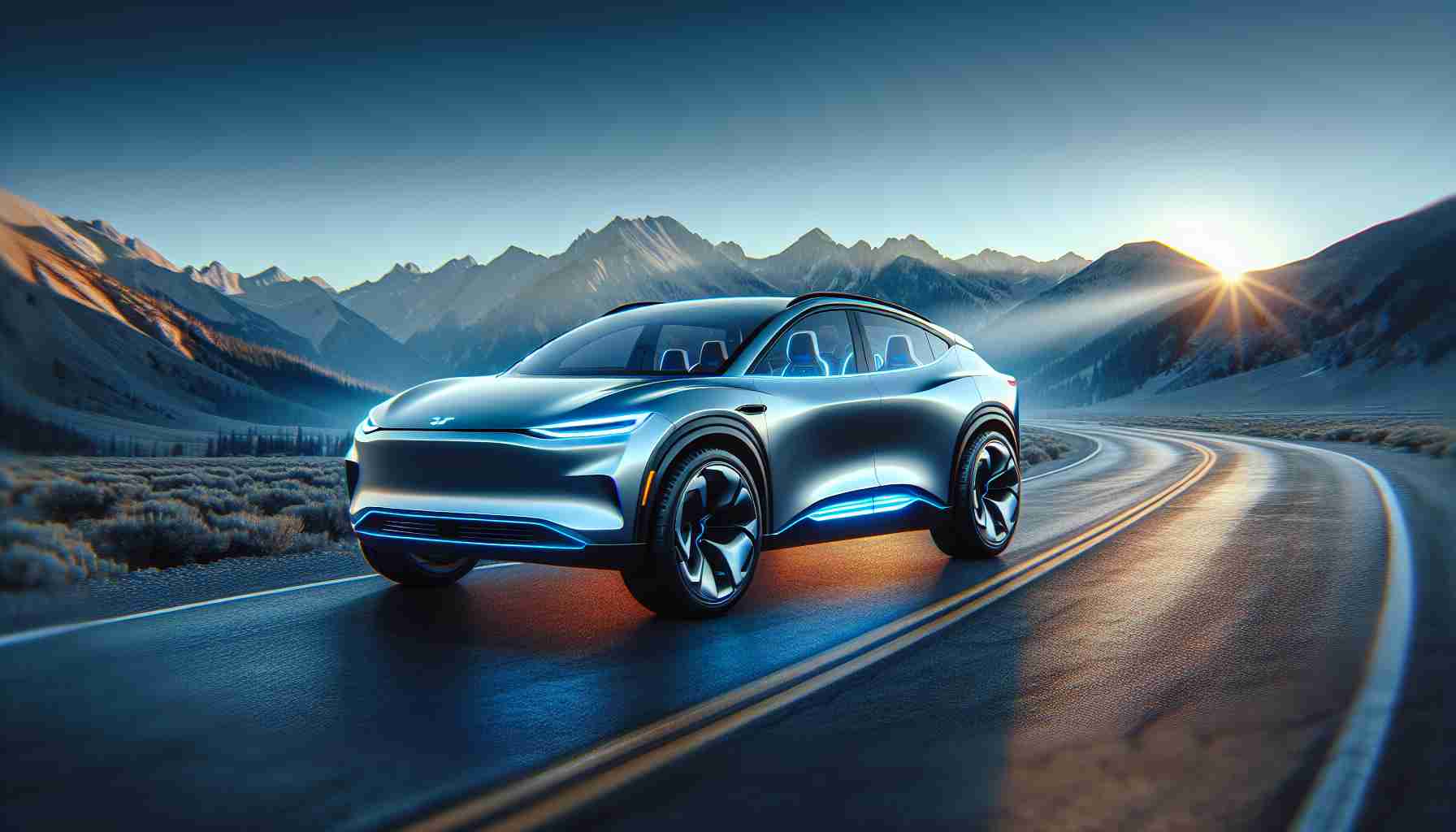Huawei, the Chinese tech conglomerate, has stepped up its game in the competitive electric vehicle market with the launch of its revamped M5 compact crossover. This latest entrant, part of the Aito series produced in collaboration with Seres, offers a compelling alternative to Tesla’s popular Model Y.
The newly unveiled M5 boasts significant advantages, including more room, enhanced features, and quicker off-the-mark performance, all at a price designed to rival the leading brands. With the extended-range hybrid models priced between RMB 249,800 and RMB 279,800 (approximately $34,472-$38,612), the M5 is positioned to compete directly with Li Auto’s latest offering, the L6, while offering a superior drive range of 1,440 kilometers (895 miles) with a full fuel tank and battery.
Further intensifying the competition, the all-electric version of the M5 bears a price tag of RMB 269,800 and notably outperforms the base version of the China-made Tesla Model Y with a 602 km range, surpassing it by 48 km based on CLTC standards. All this at a nearly RMB 20,000 premium.
Additionally, at a recent Beijing press conference, Richard Yu, the head of Huawei’s Consumer Business Group, announced the inception of Stelato, a new electric vehicle brand, in partnership with Chinese car manufacturer BAIC. Their first model, the S9, is set to take center stage at Beijing’s upcoming biannual auto event, signaling Huawei’s bold expansion into the electric vehicle domain.
While the article focuses on Huawei’s introduction of the new M5 Crossover as part of the Aito series, alongside the announcement of the Stelato brand in partnership with BAIC, there are several relevant points and potential questions one might consider related to this topic, along with key challenges and controversies associated with the electric vehicle (EV) market.
Questions and Answers:
– What is the significance of a tech company like Huawei entering the electric vehicle market?
Huawei’s entry into the EV market signifies a growing trend of tech companies diversifying into the automotive industry. Tech companies can bring fresh innovation to vehicle connectivity, autonomous driving, and battery technology, capitalizing on their expertise in hardware and software.
– How might Huawei’s existing consumer electronics ecosystem integrate with its EV offerings?
Huawei could potentially integrate its vehicle line-up with its existing consumer electronics ecosystem, providing seamless connectivity and unified user experiences across devices, leveraging its strengths in telecommunications and consumer gadgets.
Key Challenges:
– Competition: Establishing a foothold in the global EV market means going up against established players like Tesla, as well as numerous other automakers pivoting to electric vehicles.
– Regulatory Hurdles: Huawei faces regulatory challenges in various countries due to concerns over national security, which could affect its ability to market vehicles internationally.
– Supply Chain: The global chip shortage and other supply chain disruptions could impact Huawei’s ability to produce vehicles at scale.
Controversies:
Huawei has faced international scrutiny and sanctions, particularly from the United States, due to allegations of espionage and connections to the Chinese government. This can influence consumers’ perception and trust in the brand as it expands into new markets like the automotive industry.
Advantages:
– Increased range over competitors can attract customers who suffer from ‘range anxiety.’
– Combined hybrid and electric models offer options for consumers with different needs.
– Huawei’s potential integration with its consumer electronics can offer advanced connectivity features.
Disadvantages:
– Potential geopolitical issues could limit market reach.
– Relatively new to the automotive industry, Huawei may face a learning curve in vehicle production and after-sales services.
– Perception issues due to controversies surrounding the brand could deter some buyers.
For more information related to the electric vehicle industry and the latest technological advancements, you can visit the following link: Huawei. Please note that this link takes you to the main domain of Huawei, where you can explore their technology ecosystem, including their automotive collaborations.
